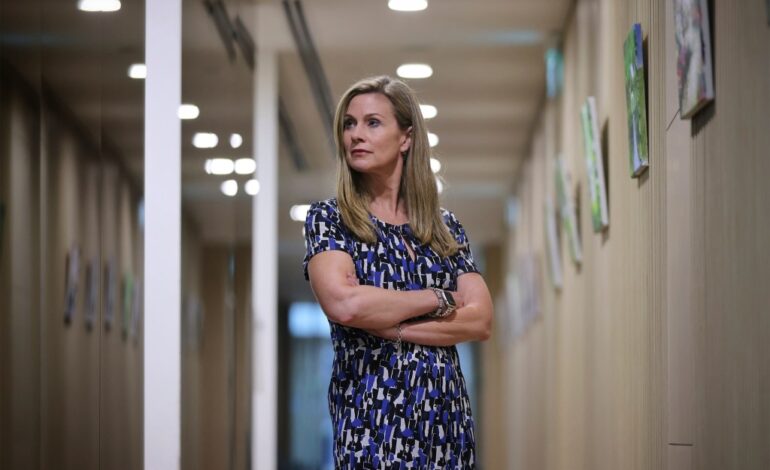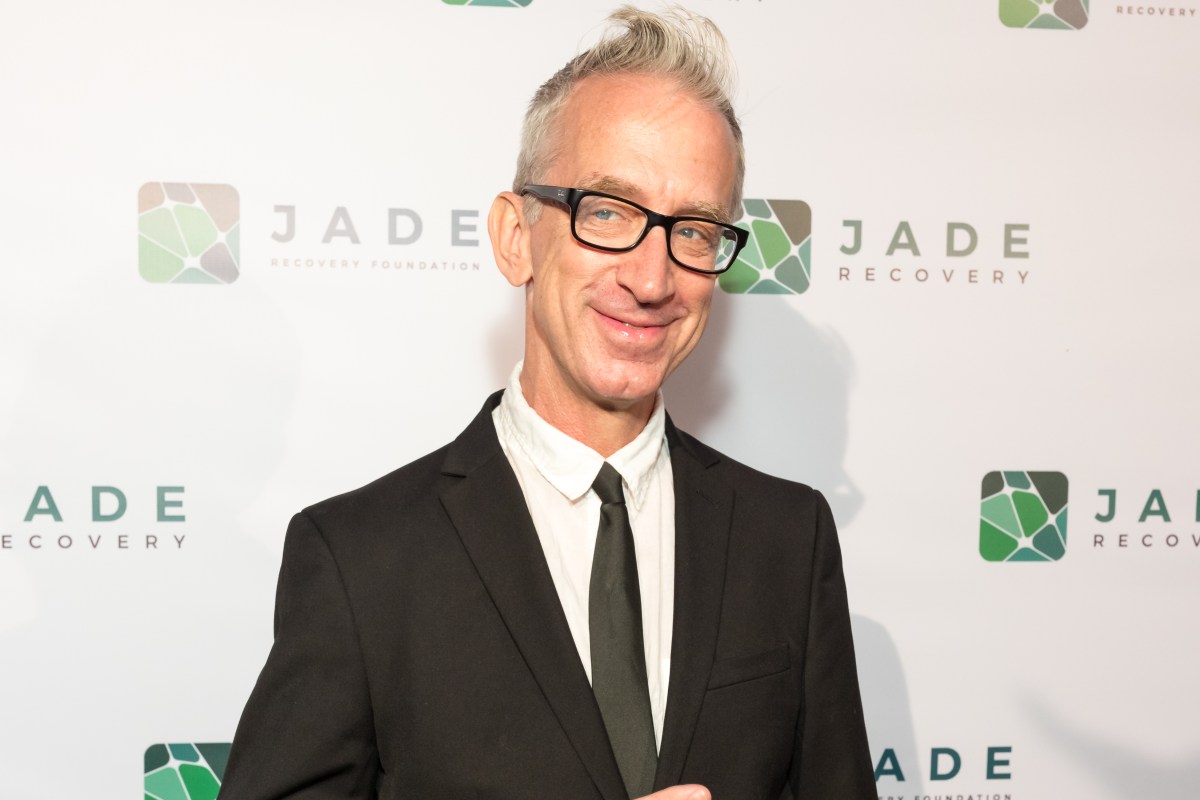Australia Bans YouTube for Teens in Landmark Social Media Legislation

BREAKING: Australia is making headlines with its unprecedented decision to ban YouTube for users under the age of 16, as part of a groundbreaking social media law that takes effect on December 10, 2025. This move, spearheaded by eSafety Commissioner Julie Inman Grant, aims to protect Australian teens from harmful online content and excessive data collection by tech giants.
Inman Grant, who has a notable background in the tech sector, is implementing this legislation at the direction of Prime Minister Anthony Albanese. She emphasizes the urgent need to create “friction” within a system that has previously allowed unrestricted access to minors. “We are creating friction in a system where friction hasn’t previously existed,” Inman Grant stated, highlighting the critical need for change in the digital landscape.
Under the new regulations, tech companies will be mandated to deactivate social media accounts for any Australian under 16 years old and take extensive measures to block users aged 15 and younger from creating new accounts. Companies must implement rigorous age verification processes without requiring excessive personal information and must prevent users from circumventing these bans through VPNs. Non-compliance could result in hefty fines of up to A$50 million (approximately $33 million).
This legislation follows a growing concern over mental health issues linked to social media usage among adolescents. Reports indicate an alarming rise in teen anxiety and depression, which some experts attribute to the pervasive influence of social platforms. Inman Grant’s office commissioned a survey revealing that a staggering 96% of Australian youths aged 10 to 15 have encountered harmful content online, with many citing YouTube as a primary source.
As the first country to impose such extensive restrictions on social media platforms, Australia is setting a precedent that is drawing global attention.
“We in the E.U. will be watching and learning from you as you implement your world-first and world-leading social media ban,”
stated European Commission President Ursula von der Leyen. Countries like New Zealand and several nations across the U.K., Fiji, and Malaysia are closely monitoring the situation as they consider similar measures.
However, not everyone is in favor of the new laws. Critics, including mental health advocates and tech industry representatives, argue that cutting off access to platforms like YouTube may inadvertently isolate vulnerable youths from crucial support networks. UNICEF Australia expressed concerns that the ban could expose young people to new risks and limit their access to mental health resources.
The legislation was initially passed in November 2024, applying primarily to major social media platforms like Facebook, Instagram, and TikTok. Yet, YouTube was initially exempt due to its educational potential. Inman Grant later reversed this stance, citing evidence that suggested the platform was a significant source of harmful content for young users.
Inman Grant’s efforts have already prompted significant reactions from tech companies. YouTube has publicly criticized the ban, claiming it contradicts the Australian government’s own research on community sentiment. The platform argues that the measures might limit young people’s access to critical support services.
Inman Grant, who has a history of working within the tech industry, is determined to hold these platforms accountable. She likens her work to enforcing safety measures in public spaces, such as swimming pool fences or seat belts, framing the legislation as a necessary step to protect young Australians from the dangers of an unregulated digital world.
As the implementation date approaches, Inman Grant’s office will monitor the effectiveness of the new regulations, aiming to establish a safer online environment for teenagers. Her office is preparing to conduct research in collaboration with academic institutions to evaluate whether these changes enhance parental control and foster healthier interactions among youths.
The impact of Australia’s decision will be significant, not just for its own citizens, but for countries worldwide grappling with similar challenges posed by the influence of social media. As the world watches closely, the hope is that this pioneering legislation will pave the way for stronger protections for young people in the digital age.






